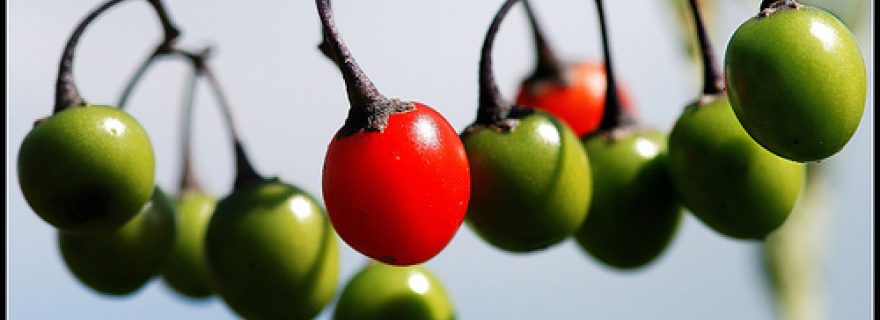People are different: the effect of tyrosine on cognition may depend on your genes
The food supplement tyrosine can improve your mental performance in an easy and safe way, particularly in challenging situations. How much you improve depends on, amongst other things, your genes.
Certainly we all have those moments where we wish our brains could work harder, we could focus better and remember more. You do not need unpredictable drugs or expensive gadgets to achieve this—you simply need to eat the right food. At Leiden University we have shown that consuming an amino-acid called tyrosine helps your brain perform when the going gets tough. How much you can benefit from tyrosine depends in part on your genes—those things that hold the information to build YOU. Here I will briefly explain how your genes determine how much you can perform better by consuming tyrosine.
TYROSINE FUELS YOUR BRAIN
Tyrosine, found in food such as soy, eggs and almonds, is converted by your body into the neurotransmitter dopamine. This substance plays a major role in the control of cognitive processes, and there is an optimal level of dopamine at which this control is best, whereas it suffers at lower levels. So if you are someone who has a low baseline dopamine level you could benefit a lot from tyrosine supplementation, since it will raise your dopamine level and bring it closer to the optimum at which your performance peaks.
HOW FAST DO YOU DEGRADE DOPAMINE?
But what determines whether you have a low or high dopamine level? This is where genes come into the picture. For example, the COMT gene is involved in dopamine degradation, and there are two varieties of this gene, Met and Val. If you happen to be a Met-carrier, your dopamine is slowly degraded, and your dopamine level is high as a result. On the other hand, as a Val-carrier you will have fast dopamine degradation, with a low dopamine level as a result. Since tyrosine increases your dopamine level, you can benefit most from it if you are a Val-carrier, as your level initially is low. Starting off below the optimal dopamine level means that, as a Val-carrier, you have room for easy improvement with tyrosine!
HOW HARD ARE YOUR ENZYMES WORKING?
Another relevant gene is known as tyrosine-hydroxylase, and it is responsible for the enzyme that converts tyrosine into dopamine. Once the enzyme runs out, tyrosine is no longer converted into dopamine. This limits the increase in your dopamine level and also conveniently prevents you from overdosing on tyrosine. Again, there are two varieties of this gene. If you happen to be a so-called T-carrier, then your enzyme activity is higher than those of C-carriers. This means that as a T-carrier you can convert more tyrosine into dopamine than C-carriers can. Because of this, as a T-carrier you can probably benefit more from tyrosine than your C-carrying friends!
WANT MORE?
These two genes, involved in dopamine degradation and tyrosine conversion, are just a few examples of factors that determine how much you can benefit from tyrosine. A more thorough discussion of these factors and others is provided in our recently published paper. Those of you who aren’t interested in all the details should just remember the following: keep your dopamine level high by eating eggs and almonds, and you’ll get that mental boost when your brain is really being challenged!
Jongkees, B.J., Hommel, B., & Colzato, L.S. (2014). People are different: Tyrosine's modulating effect on cognitive control may depend on individual differences related to dopamine function. Frontiers in Psychology, 5:1101.



0 Comments